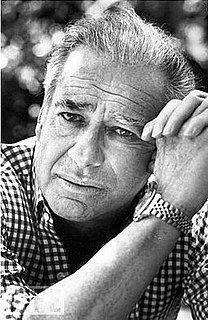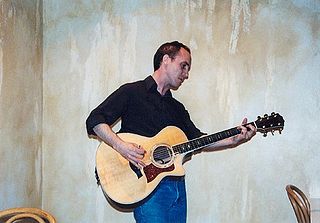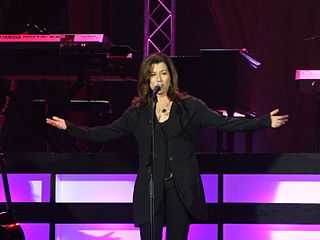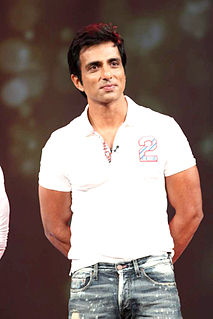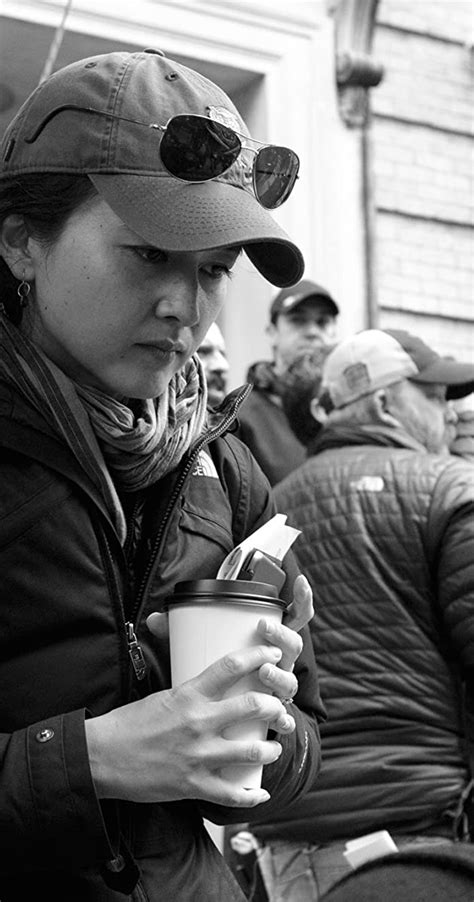A Quote by John Frankenheimer
You have to be a great storyteller. And you have to master the tools that you have to tell the story which are, inorder of importance, the script, the actors and then thetechnical means.
Related Quotes
What's your story? It's all in the telling. Stories are compasses and architecture; we navigate by them, and to be without a story is to be lost in the vastness of world that spreads in all directions like arctic tundra or sea ice. To love someone is to put yourself in their place, we say, which is to put yourself in their story, or figure out how to tell yourself their story. Which means that a place is a story, and stories are geography, and empathy is first of all an act of imagination, a storyteller's art, and then a way of traveling from here to there.
There are some actors that are great stars and storytellers, but not necessarily good actors. I'm talking about some - not all - of the people you see in action flms or blockbusters. They're film stars, though not necessarily great actors. And there are those who are great actors, but not necessarily big film stars. Jim Sturgess is both. He's quite obviously a star, the audience likes him, he's a great storyteller and he turned out to be one of the greatest actors I've worked with as well.
If you're gonna tell a story from beginning to end, I always think you have to have a great structure in a script. If it gets you excited and it's something you've never read before that's another plus. I think also with improv and that whole world of stand-up, that's a whole other organism of comedy that still needs a story, but it's more free-form. On the set, it is the combination of both those worlds coming together: a great script and an allowance to play with it.
What did you put in the fire?" Kaladin said. "To make that special smoke?" "Nothing. It was just and ordinary fire." "But, I saw-" "What you saw belongs to you. A story doesn't live until it is imagined in someone's mind." "What does the story mean, then?" "It means what you want it to mean," Hoid said. "The purpose of a storyteller is not to tell you how to think , but to give you questions to think upon. Too often, we forget that.
You can throw away the privilege of acting, but that would be such a shame. The tribe has elected you to tell its story. You are the shaman/healer, that's what the storyteller is, and I think it's important for actors to appreciate that. Too often actors think it's all about them, when in reality it's all about the audience being able to recognize themselves in you. The more you pull away from the public, the less power you have on screen.
I kept imagining these people, just living their daily lives, and then having them suddenly ended in unjust tragedy. When we watch the news, we grieve all of this, but when we go to the movies, we want more of it. Somehow we realize that great stories are told in conflict, but we are unwilling to embrace the potential greatness of the story we are actually in. We think God is unjust, rather than a master storyteller.
